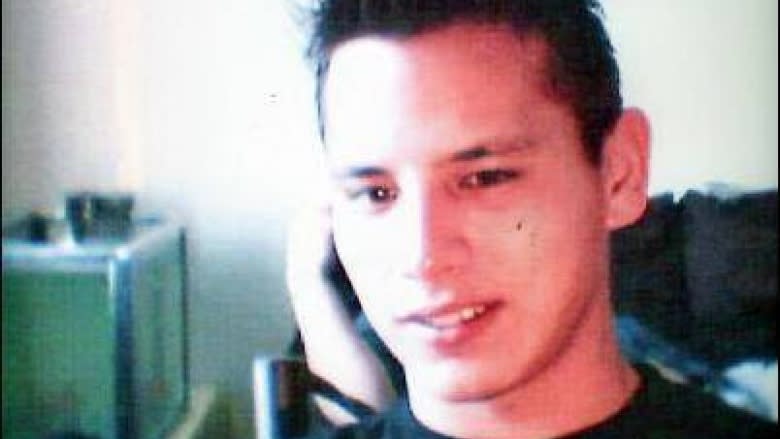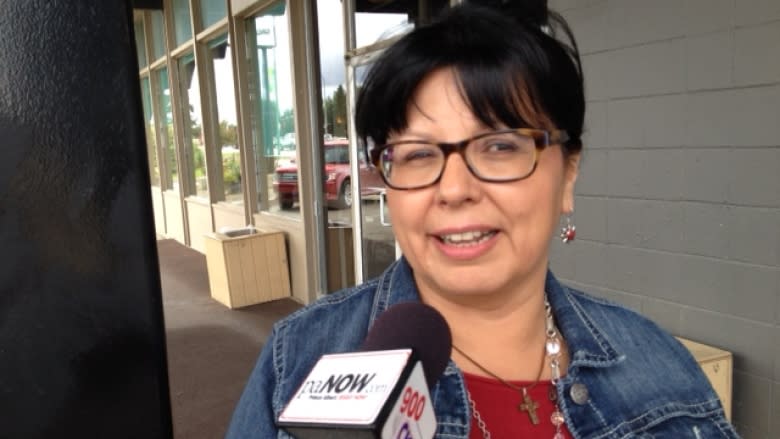Natomagan-Nelson coroner's jury says officers had no options
A coroner's jury examining the shooting death of Ryan Natomagan-Nelson by police has concluded with no recommendations and a finding that the officers involved had no other options when they encountered the man.
Natomagan-Nelson, 26, was fatally shot by two Prince Albert police officers on July 9, 2013 after charging at them with a knife in a small room of a home. The officers were in the home to investigate reports of a disturbance.
The coroner's jury heard evidence from the officers about how they entered the home cautiously, looking for Natomagan-Nelson. The officers learned, from a dispatcher, that he was wanted on warrants.
Both officers testified at the inquest, telling the jury that when they went into the home, they first checked out the upstairs floor where they found the man's sister passed out on the couch. Then they went downstairs where one of the officers opened a bathroom and found Natomagan-Nelson inside with a knife raised in one hand.
Both officers drew their guns and told the man to put the knife down. One of them used his radio to report to dispatch that they had their guns drawn and made a request for backup.
Natomagan-Nelson next put the knife to his own neck. One of the officers put his gun back in its holster and reached for his pepper spray, but Natomagan-Nelson raised the knife again and in a threatening position made a stabbing motion towards the police. The officer took out his gun again.
Suspect lunged forward
That's when Natomagan-Nelson ran forward, with the knife, and both officers fired a total of three shots. The man fell back and briefly tried to get up.
The officers told him to lie still and said help was on the way.
They also told the inquest that, as he lay injured Natomagan-Nelson was saying, "I need drugs". He died and the coroner's inquest was convened to examine the circumstances of the death.
After the inquest ended, Shirley Nelson, Natomagan-Nelson's aunt spoke briefly about what happened.
"We are sorry that things came out the way it happened," she said. "Shots were fired, a person died. We cannot bring anyone back from the dead, so we have to do our best to move on."
Mitchell Holash, a lawyer representing the police department at the inquest, said questions about the use of force are common in cases of police shootings, particularly when people recall things they see from television shows.
"For example, the disarming by shooting someone in the hand is very clearly something that one sees on TV but is not an appropriate response, we heard in evidence, for a police officer."
Holash said the officers followed their training.
"I think it was very clear that the minimum amount of shots that were fired [and] the police officers waited until the very last minute, almost to the point that they had endangered their own lives," he said.
During their testimony, both officers said they were emotionally moved by the shooting.
One said he has to live with the decision he made for the rest of his life and thinks about it when he wakes up and when he goes to bed.
The other said the event will be with him until the day he dies, but would do the same thing given the same circumstances.


